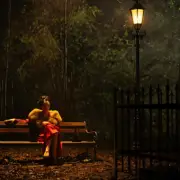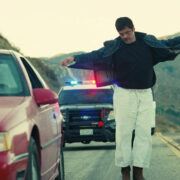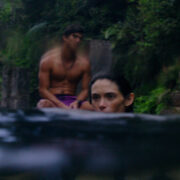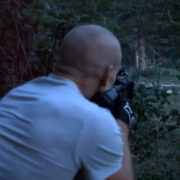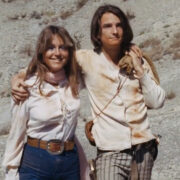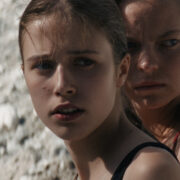RIVER OF GRASS: The Sensations of Nature in a Threatened Biome

Soham Gadre is a writer/filmmaker in the Washington D.C. area.…
Films about the Everglades are a dime a dozen. It’s one of the most unique biomes in the entire world and it is constantly in political and social crisis from the various communities and individuals vested in its preservation and exploitation. So what exactly separates Sasha Wortzel’s River of Grass from the others? It’s the personal perspective of Wortzel who grew up in Southwest Florida and has distinct memories of the area, its sounds, smells, and the near constant interactions between the humans and animals and plants that live there. While the documentary portrays the diverse community members and the various roles they play to help protect and foster care for the environment, there is continuous voiceover from Wortzel herself, her voice crackling and popping in the mic a bit too much and her pronunciations drawn out a little too elaborately for my taste, offers insights into the raw feelings of existing in such a biome.
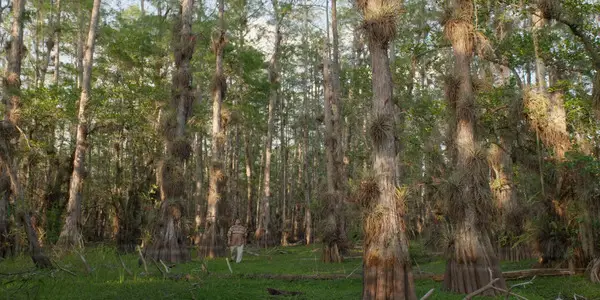
Rich Textures
Though I’m not a huge fan of the author’s voiceover, it’s what she’s saying that makes the movie worth a watch. It’s also the combination of vintage found footage, and mixing of celluloid and digital camerawork that give the Everglades a rich texture in its rain-soaked, sun-washed aesthetic. The framing of the film is around Marjorie Stoneman Douglas’s research of the region which went into her famous book The Everglades: River of Grass. The term is “river of grass” is given ample context as an indigenous term that predated Douglas’s use of it though she ended up being credited with bringing it to the forefront of the American consciousness.
Capturing the Feeling
The indigenous perspective on the region comes from narration by Miccossukee educator Betty Osceola. Through Osceola’s descriptions and facts on the nature and future of the Everglades, Wortzel shows the disconnect that has occurred between people’s relationship to the land. The filmmaker’s visual thesis seems to come to fruition in this, making the movie’s sounds and imagery highlight the sensations of the Everglades to give the viewer a deep understanding of what the area feels like, sounds like, and how deeply this atmosphere is the magical part of it.
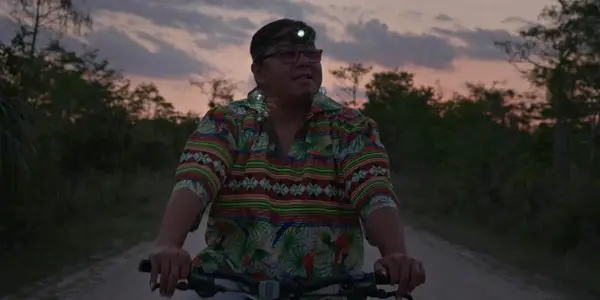
Conclusion
Wortzel doesn’t pigeonhole the arc of the film as purely environmental or purely nostalgic or purely educational or historical. It’s a decent mix of all of those things and it flows pretty easily from one into the next. It works as both a documentary and personal essay film, giving the movie a fresh experimental angle that allows it to reach beyond just teaching people about the Everglades to making them understand what it means to live there and interact with everything that it is.
River of Grass premiered in NYC on May 4th, 2025
Does content like this matter to you?
Become a Member and support film journalism. Unlock access to all of Film Inquiry`s great articles. Join a community of like-minded readers who are passionate about cinema - get access to our private members Network, give back to independent filmmakers, and more.
Soham Gadre is a writer/filmmaker in the Washington D.C. area. He has written for Hyperallergic, MUBI Notebook, Popula, Vague Visages, and Bustle among others. He also works full-time for an environmental non-profit and is a screener for the Environmental Film Festival. Outside of film, he is a Chicago Bulls fan and frequenter of gastropubs.


